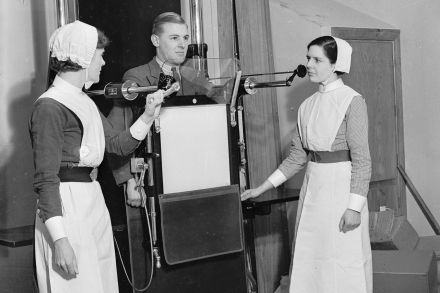There is more to lung-cancer diagnosis than a chest X-ray
Chest x-rays have been around for 100 years and are still widely used in health care. According to the government’s ongoing National Awareness and Early Diagnosis Initiative (NAEDI) a chest X-ray might be suggested for individuals with possible symptoms of lung cancer. The NAEDI website also states: `This is a standard procedure and nothing to









